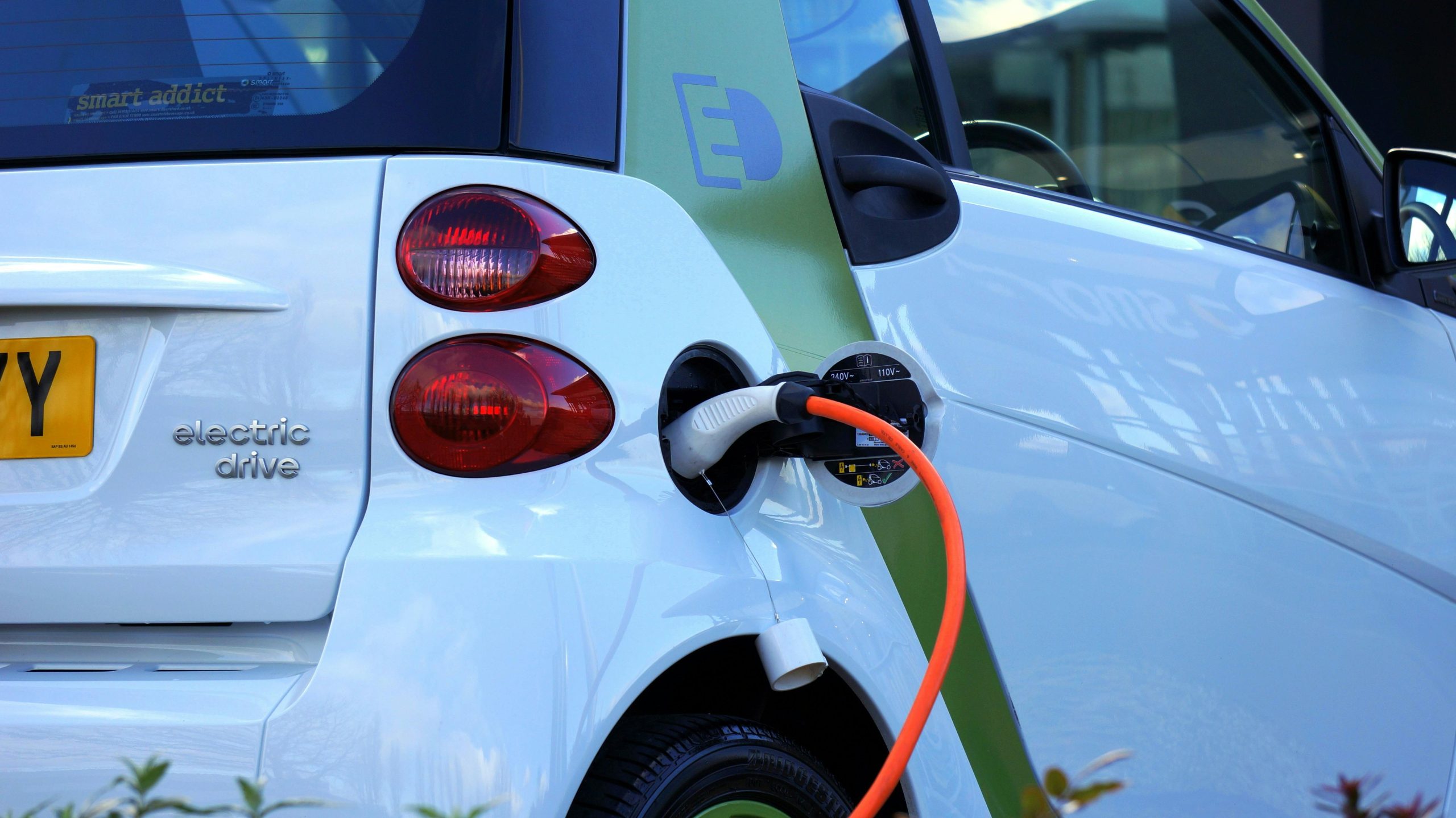Revolutionary battery from TDK, longer lasting for electronics and electric vehicles

The manufacturer of power supplies for wireless headphones and smartwatches has made significant progress. The company has developed a new compound that could significantly extend the life of electronic devices. But initial enthusiasm is dampened by a Czech expert.
TDK, known to older generations as a maker of cassette tapes and VHS tapes, now produces advanced electronic components, including batteries for the Apple brand. It has recently made significant advances in this area. You can hear and see information and footage in the introductory video report.
The new technology could significantly extend the battery life of smartwatches and wireless headphones on a single charge. There are also discussions about using this technology to increase the range of electric cars.
TDK announced on June 17 the development of a new type of material for solid-state batteries. The company has been using CeraCharge material, but has now introduced a new generation with an energy density of 1000 Wh/l, which is 100 times more than before. However, Václav Knap from FEL CTU warns that the practical energy density will be lower than theoretical calculations.
The new generation of lithium anode batteries offers high stability and safety. TDK claims that this technology will enable smaller and more powerful batteries that can replace current button batteries in wearables.
The new cell is just four by three millimeters in size, which is significantly smaller than standard batteries. Even the smallest button cells on the market are much larger, Knap adds.
TDK plans to start supplying samples of the new batteries to its clients from next year and then move to mass production. Solid electrolyte batteries offer better performance and faster charging than current lithium-ion batteries.
Solid-state batteries are smaller and safer than traditional liquid-electrolyte batteries, which is particularly advantageous for electric vehicles. These batteries could increase the range, weight and cost of vehicles.
Many companies, including Samsung, Panasonic, LG, QuantumScape, SK Innovations, NASA and automakers such as Volkswagen, Mercedes, Honda and Toyota, are working to develop new batteries. However, these projects will not leave the labs before 2025.
Photo source: www.pexels.com
Author of this article
WAS THIS ARTICLE HELPFUL?
Support us to keep up the good work and to provide you even better content. Your donations will be used to help students get access to quality content for free and pay our contributors’ salaries, who work hard to create this website content! Thank you for all your support!



OR CONTINUE READING